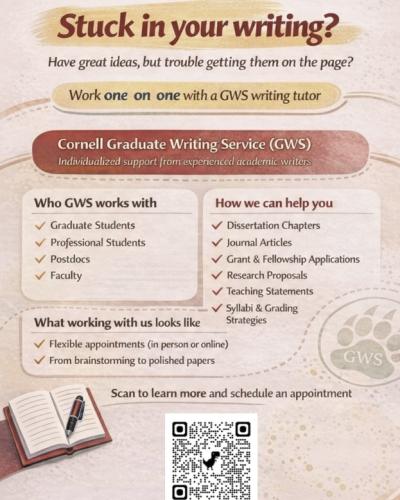The KNIGHTLYnews is an online forum where FWS instructors and other teachers of writing can swap and share ideas for best classroom practice. Weekly posts are designed to help teachers develop lesson plans and writing assignments, and respond to classroom challenges by introducing new teaching tools and sharing emerging pedagogical ideas. Posts also direct readers to program and campus resources that support teaching and learning, and provide opportunities for peer collaboration and mentorship.
FWS instructors often are in the best position to notice and respond to the signs of a student in distress: spotty attendance, subdued or evasive affect, obvious sleep deprivation, a sharp decline in the quality of work or contribution. Students are a little more likely to open up to an instructor who knows their name and sees them as an individual in a small, intimate seminar.
Pandemic conditions have multiplied the stressors; masks and distancing may make these signs harder to detect and campus resources harder to access.
There are no easy solutions, but here are a few starting points:
- Recognize that you are not alone, any more than is the student. None of us is obligated or even qualified to solve all students’ problems. We know that it is sometimes uncertain whom to contact. The answer is, anyone. Reach out to anyone for help: your adviser or course leader, your department chair, a member of the Knight Institute faculty. There are no inappropriate moves here. Follow this link to The Indispensable Reference for Teachers of First-Year Writing Seminars where we offer some protocols and procedures to follow if you notice a student who seems to be in trouble: Students of Concern: Protocols and Procedures.
- Reaching out regularly to students need not be either intrusive or overly time-consuming, and it’s just good pedagogy. A quick e-mail check-in or a 10-minute meeting (Zoom or in-person) on a personal rather than teacherly note, can provide insight to you and a lifeline for a student.
- If these invitations are refused or you sense deeper issues at stake, you will always find a sensible, reliable first resource in contacting the advising/student services office in the student’s college. If they are struggling in your seminar, they are likely struggling elsewhere (in larger, more impersonal classes), and it remains the case that you will have been the first to notice. The advising office is best positioned to see the larger picture and help the student holistically, with both academic and emotional support. You will find the student’s college listed in your course roster; the contact information for student services in each college can be found here: Students of Concern: College Contacts.
- You should also submit a confidential Student of Concern/Early Intervention Report. You can access this form from your Canvas Dashboard by selecting the ? at the bottom of the left bar menu. When the "Help" pop-up window appears, select "Students of Concern" at the bottom of the menu.
- Share this quick reference guide with students (or post on your course Canvas site): Resources for Student Mental Wellbeing & Health.
Cornell Health has developed several online resources for instructors:
- A video titled "Notice and Respond: Assisting Students in Distress" presented Catherine Thrasher Carroll and Katherine Goldberg.
- A Canvas course for members of the Cornell community. The course takes approximately 30 minutes. To enroll, follow this link: Notice & Respond: Assisting Students in Distress.
As always, please do not hesitate to reach out to me, David Faulkner, at df259@cornell.edu, or to any member of the Knight Institute faculty.




